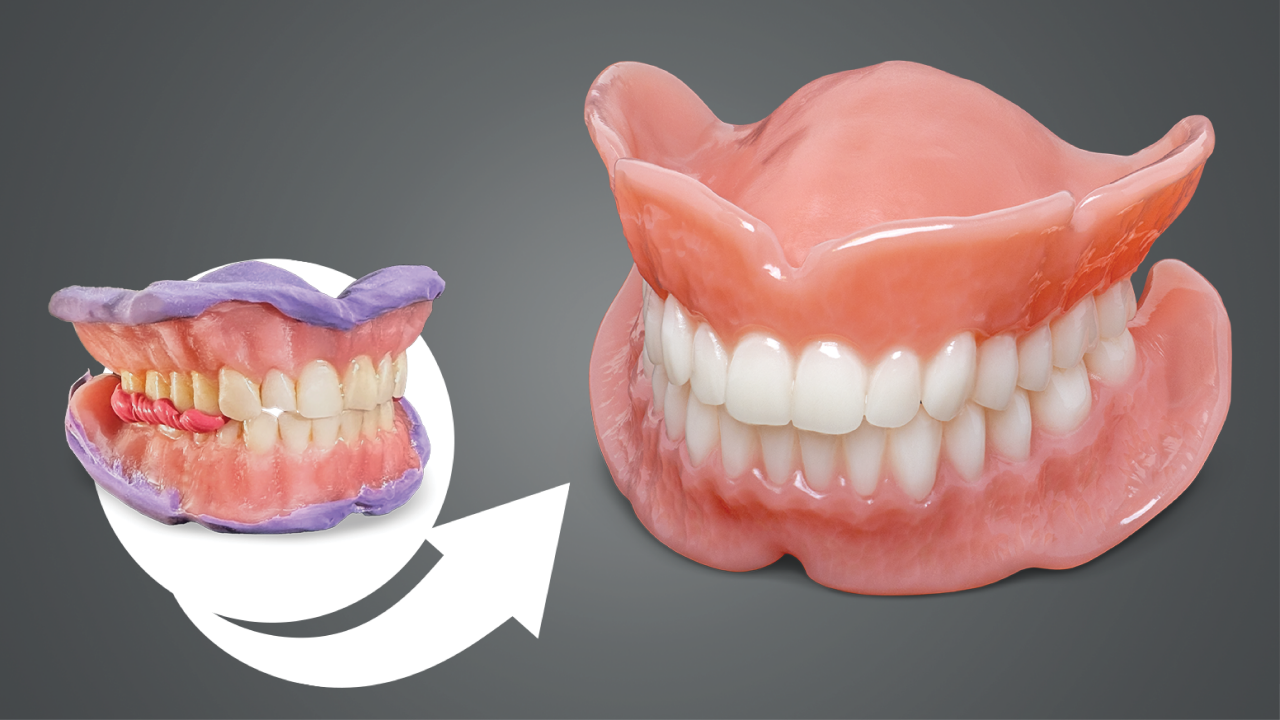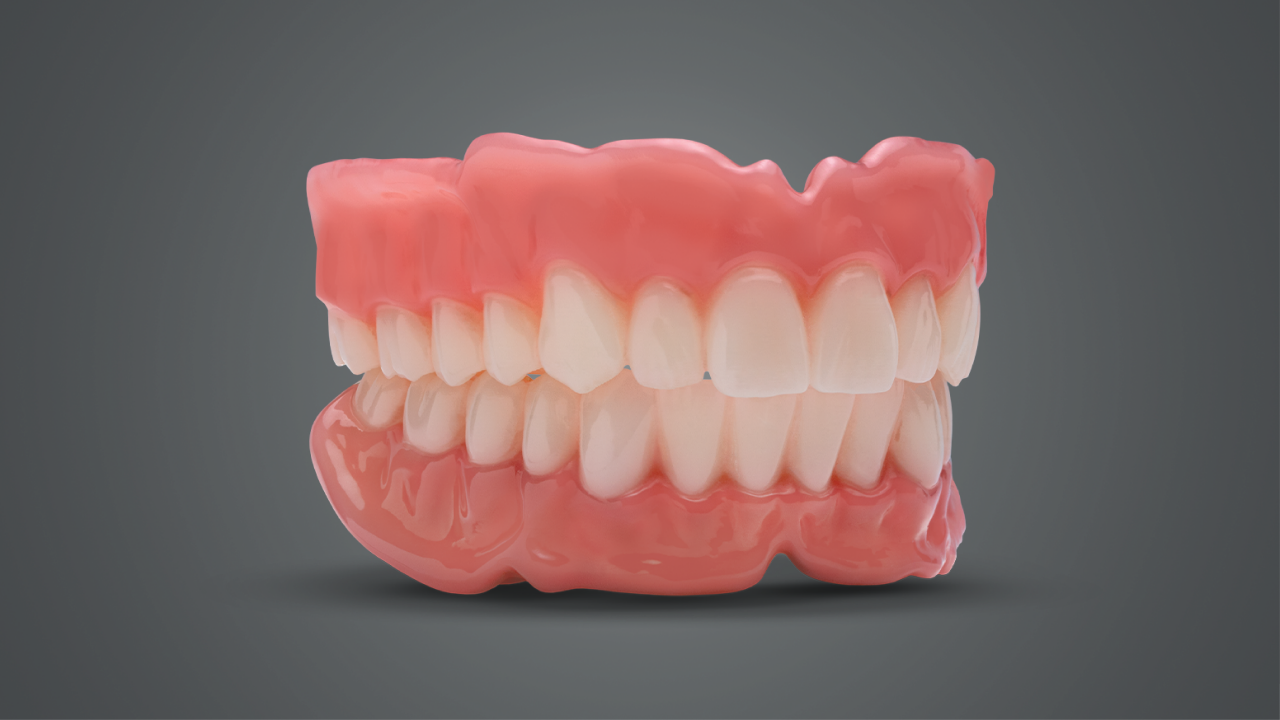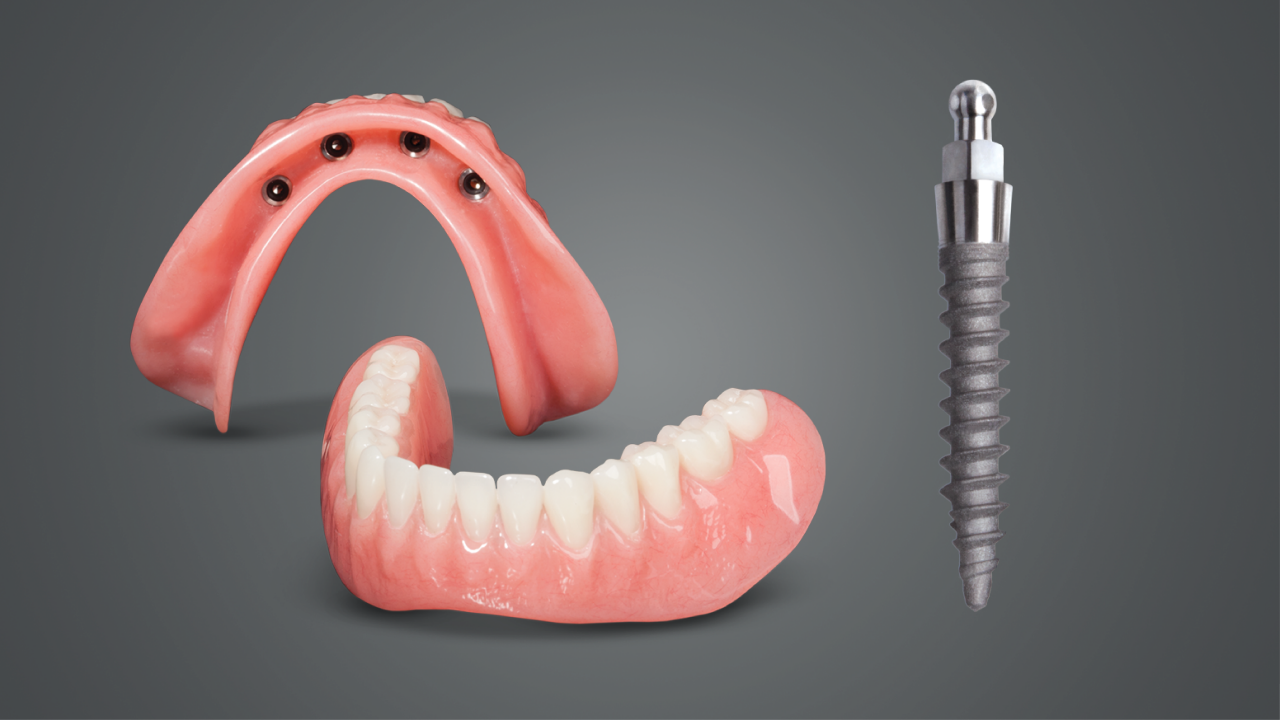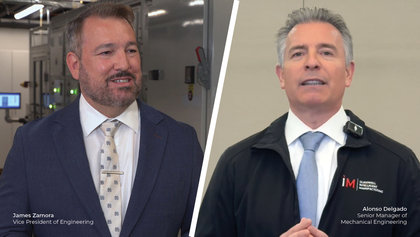Related Dental Articles
- Dr. Raymond Choi: “5 Things You Need to Know About Geriatric Dentistry”
- Dr. Raymond Choi: “Using Digital Denture Workflows to Transform Your Practice”
800-854-7256 USA
The aging population increases daily. Learn how to manage their dental care.

As people age, maintaining a healthy smile becomes more than just a cosmetic concern — it’s a vital part of supporting nutrition, preventing disease, and preserving confidence. Healthy Aging Month is the perfect time to reflect on how dental professionals can better serve aging patients — especially those who are edentulous or partially edentulous.
Aging patients often struggle with proper nutrition, not just due to poor appetite or systemic health, but because their removable prosthesis no longer supports effective chewing. Ill-fitting or worn dentures can lead to:

When ill-fitting or worn dentures make chewing difficult, patients may turn to eating softer, more processed meals. This can negatively affect their health.
This is especially concerning because chewing is the first step in digestion and nutrient absorption. A poorly functioning prosthesis can affect everything from micronutrient uptake to blood sugar regulation.
Getting a removable appliance remade can be considered a daunting task for elderly patients. Some hurdles they might face include transportation arrangements, auditory or visual aid requirements, caregiver availability, or an inability to sit through long appointment times. These pose challenges for clinicians as well, but that should not discourage dentists from initiating the conversation and encouraging patients to accept treatment for a new denture — especially if the patient’s denture is over five-to-seven years old.

If a denture is over five years old, they could be stained, smelly and covered in bacteria.
Here’s why the age of the denture matters:
These changes don’t just affect the mouth — they impact overall quality of life.

Simply Natural™ Reference Digital Dentures are a two-appointment solution that can make a dramatic difference for patients with old dentures.
For edentulous patients struggling with instability or discomfort, implant-retained overdentures offer significant advantages:
Small-diameter implants, or “mini” implants, can be ideal for geriatric patients searching for a more permanent solution. They offer a minimally invasive surgical protocol and allow for immediate loading when primary stability is achieved. Adding a new service like mini implants to your practice can also show your aging patients that you are planning for their future and their health.

A mini implant overdenture can help stabilize a patient’s denture.
Dentists play a pivotal role in educating and empowering their aging patients. Here are a few ways to integrate the spirit of Healthy Aging Month into your practice year-round:
Healthy aging is not just about lifespan, or how long we live. It’s about “healthspan” — how well we live during those years.
Healthspan refers to the period of life spent in good health, free from chronic disease and functional decline. For aging adults, oral health plays a large role in this equation. Chewing ability, dietary choices, inflammation levels, and even social interaction are all influenced by the condition of their prosthesis.
Poorly fitting dentures may rob patients of their independence:
Restoring an old prosthesis — whether through a new denture, reline, or implant-retained option — can significantly improve mobility, nutrition, confidence, and engagement. These are all core indicators of a high healthspan.
As a dental professional, you’re not just creating smiles. You’re helping patients maintain their vitality and dignity well into their later years.
Related Dental Articles
Send blog-related questions and suggestions to hello@glidewell.com.


